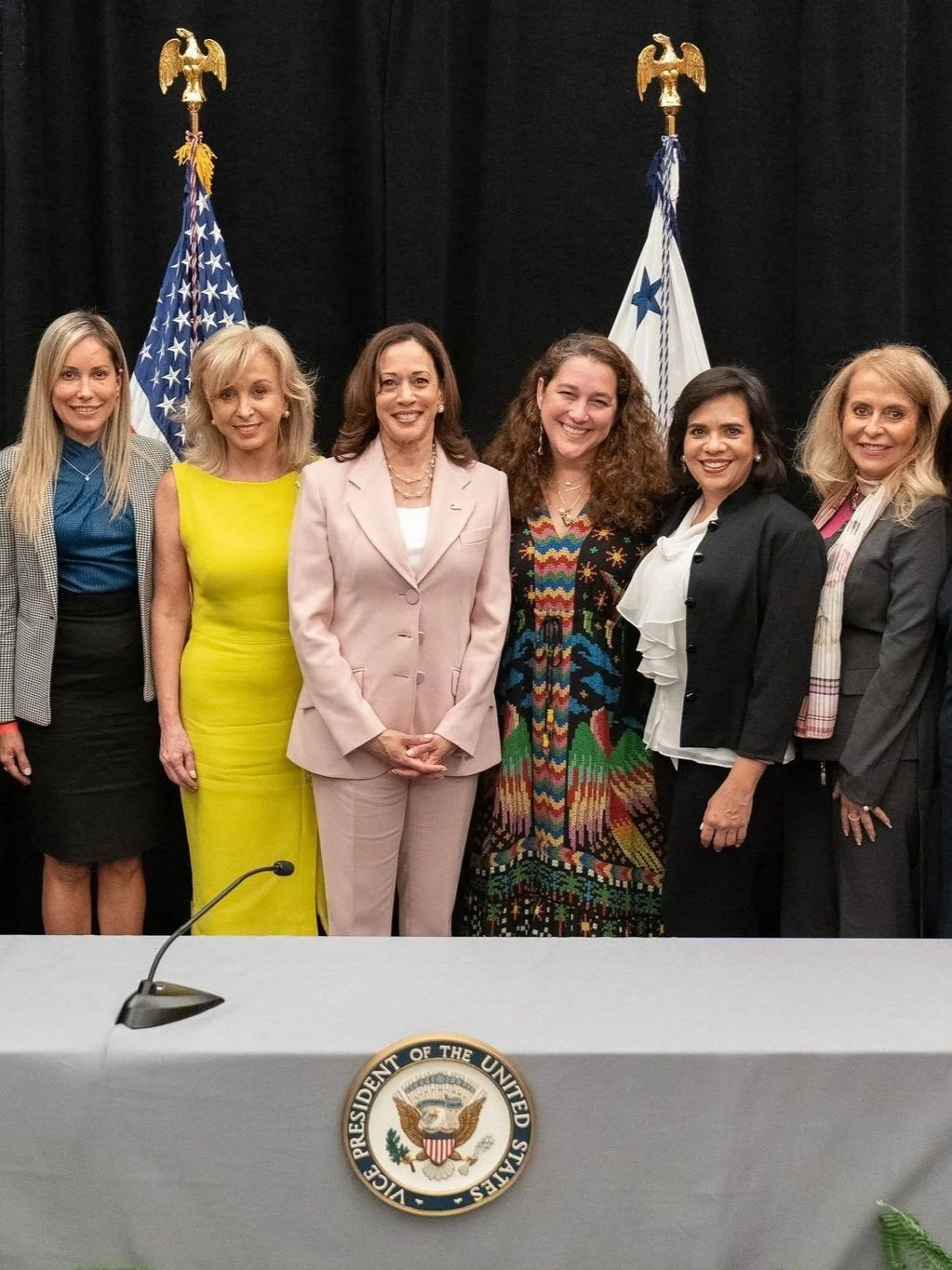The OXO Tower terrace boasts panoramic views of the London skyline.
According to UK-based waste charity WRAP, 3,415,000 tonnes of waste is disposed of by the food sector every year. Of this staggering amount, 1,473,000 tonnes is sent for disposal and 600,000 tonnes (41%) is made up of food waste, which not only comprises items one would expect to be discarded, such as peelings and bones, but the majority is perfectly good food. Increasingly, and encouragingly, many players in the industry are now looking at ways to tackle this problem, but one restaurant in the capital has just been officially recognized for its ongoing efforts at a national awards ceremony.
An iconic landmark on London’s South Bank, the OXO Tower Restaurant is probably best known for its fine dining menu and panoramic views of St Paul’s Cathedral and the city’s skyline. However, as a founding member of the Sustainable Restaurant Association, back in 2010, it has long been a champion of an environmentally friendly approach to eating out, and earlier this month was awarded The Sustainability Award at the UK’s National Restaurant Awards. The accolade not only reflects the business’ own, in-house eco-credentials, but the work it has been undertaking in the community to support wider efforts and raise awareness.
Pea panisse with asparagus, ransoms and English truffles, from the restaurant’s collaboration with Tom Hunt.
"We started to reduce plastic back in 2012, before it was talked about," general manager Nick Jarman told The Telegraph’s Tomé Morrissy-Swan. And having brought a sustainability manager on board, the restaurant has also been actively tackling food waste - from plate waste to prep waste and spoilage - so that the chefs can better manage their produce. In addition, it teamed up with Eco-Chef, Food Writer and Sustainability Consultant Tom Hunt earlier this year, who, in collaboration with head chef Jeremy Bloor, created a 'Root to Fruit' menu for World Earth Day that centered around reusing food that might otherwise go to waste. "It challenged everybody here to think slightly differently," said Jarman. And the restaurant’s other waste management initiatives include offering boxes to customers to take uneaten food home; water efficiency staff training and sensors on taps; and using Forest Stewardship Council certified paper or recycled materials.
Seasonal, ethically and locally sourced produce has been a consistent at the OXO Tower, and a vegan and vegetarian menu has been available at the restaurant for at least eight years. However, working in conjunction with a nutrition student from Roehampton University, to help establish what further improvements could be made in terms of sustainability, it was concluded that beef, the least climate-friendly of meats, was overly present. As a result, it has been virtually eliminated from the menu, as has octopus, for similar sustainability reasons.
In terms of its work in the wider community, the restaurant partnered with Bywaters, a London-based recycling and waste management company, to host a Beach Clean last year for World Environment Day. This involved staff, fellow Sustainable Restaurant Association members and community groups getting together for an OXO-organized litter pick along the South Bank. And following the success of the event they have become regular fixtures on the calendar, with volunteers from other local companies and groups now taking part.
The restaurant has also put together a Food Waste Workshop on how a sustainable diet can have an impact on the planet, to help provide education on commonly wasted food items, the extent of food waste in the UK and indeed the world, the impact on global warming and what to do to reduce food waste. And most recently, it supported HUBBUB, an environmental charity, with filming for #AirWeShare, a campaign raising awareness about the impact of poor air quality.
“For years we have been working closely with the Sustainable Restaurant Association to constantly find ways to become a better sustainable business,” explained Jarman at the awards ceremony. And looking to the next phase in OXO’s sustainable journey he said, “We will be working with the SRA on their ‘Food Waste Bad Taste’ initiative to target, measure and act on reducing food waste, to help shape future changes within our business.”













